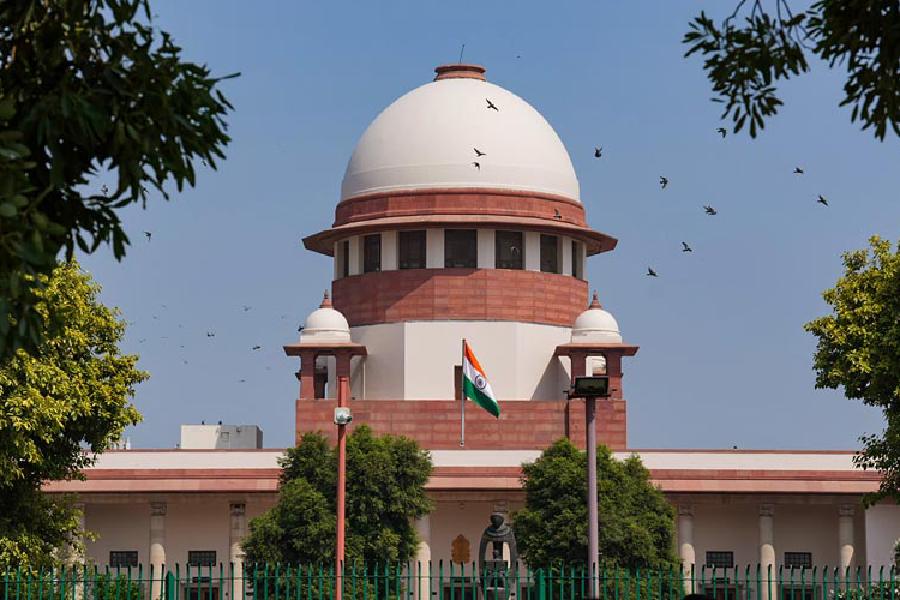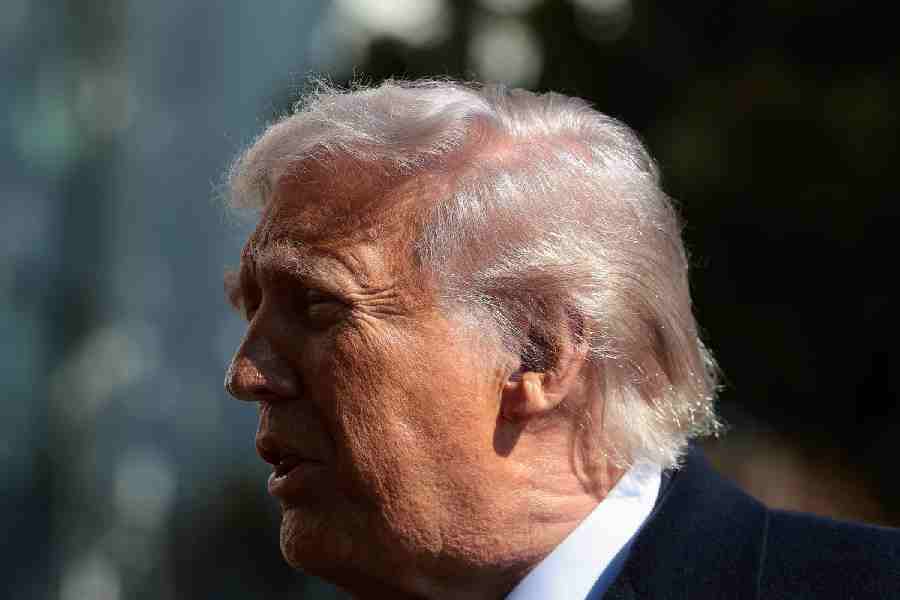The Supreme Court granted a last opportunity to the defaulting states and Union territories on Thursday to clear the salary arrears and other dues of lower court judges in accordance with the recommendations of the Second National Judicial Pay Commission (SNJPC).
The SNJPC recommendations cover the pay structure, pension and family pension and allowances, besides dealing with the issue of establishing a permanent mechanism to determine the subjects of the service conditions of the district judiciary.
A three-judge bench headed by Chief Justice of India D Y Chandrachud noted that despite its directions dated May 19, some states have not complied either fully or in part with those.
"We are, prima facie, of the view that the chief secretaries of all defaulting states and Union territories are in contempt. In order to grant one last opportunity of compliance, we direct that the directions shall be effected on or before December 8, 2023, failing which the chief secretaries of all defaulting states and Union territories shall personally remain present before this court," the bench, also comprising Justices J B Pardiwala and Manoj Misra, said.
The court also clarified that compliance shall mean actual crediting of the amount payable to each judicial officer and in the case of family pension, the surviving spouses.
In another direction, the bench also allowed the High Court of Telangana to increase the superannuation age of judicial officers from 60 to 61 years, in line with that of the state government officials.
Describing the district Judiciary as the backbone of the judicial system, the apex court had, on May 19, directed all the states to clear the salary arrears and other dues of lower court judges in accordance with the SNJPC's recommendations.
The court, which had accepted the recommendations made in 2020 by the SNJPC headed by former apex court judge Justice P V Reddi, had directed the states to ensure that the dues under several heads are positively credited into the accounts of the judicial officers and compliance affidavits filed before it by July 30.
The verdict had said the revised rates of pension, which have been approved by the court, shall be payable from July 1, 2023.
"For the payment of arrears of pension, additional pension, gratuity and other retiral benefits as well, following the orders dated July 27, 2022 and January 18, 2023, it is directed that 25 per cent will be paid by August 31, 2023, another 25 per cent by October 31, 2023 and the remaining 50 per cent by December 31, 2023," it had said.
The court had also said necessary amendments on issues, such as uniformity of cadres in the district judiciary, must be carried out in the service rules of judicial officers across all jurisdictions to implement the recommendations of the SNJPC.
The litigation moved by the All India Judges Association dates back to 1993 and consequently, the need was felt to have a judicial pay commission, separate and independent from the executive, in order to ensure that a system of checks and balances is in place and the judiciary has a say in their pay and service conditions.
The First National Judicial Pay Commission (FNJPC) was constituted by the government by a resolution dated March 21, 1996.
Subsequently, the SNJPC was set up and it submitted its report on November 10, 2017 after acknowledging the fact that the salary of the judicial officers was not raised for more than 10 years.
A report on interim relief was submitted on March 9, 2018 and considering that the judicial officers were without upgraded pay, the top court had on March 27, 2018 directed the states and the Centre to implement the recommendations of the commission with regard to the interim relief.
Subsequently, on January 29, 2020, the SNJPC submitted its final report to the Supreme Court.
Except for the headline, this story has not been edited by The Telegraph Online staff and has been published from a syndicated feed.











